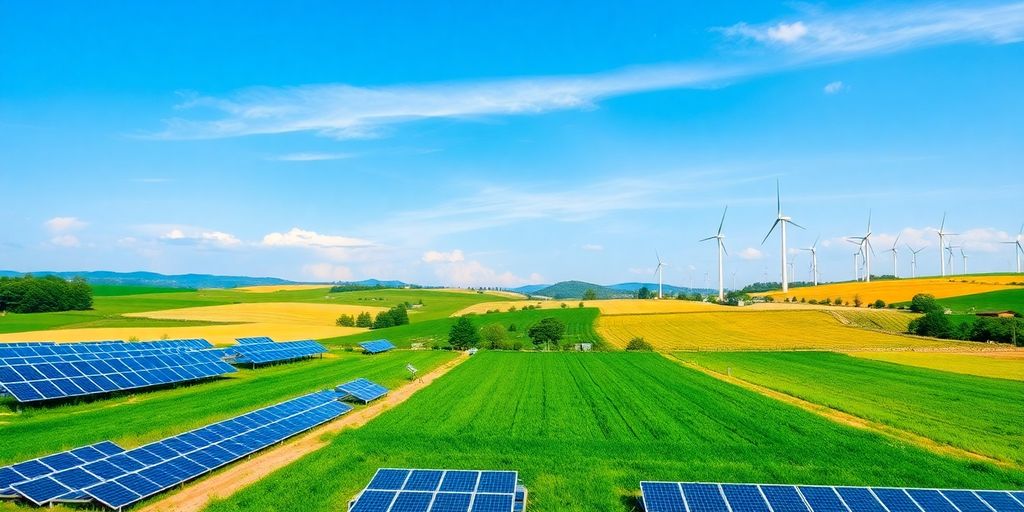Serbia has taken a significant step towards environmental sustainability by introducing its first-ever Green Budget for 2025, allocating €1 billion to 64 projects aimed at fostering eco-friendly initiatives and mitigating climate change. This landmark decision reflects the country’s commitment to modernizing its infrastructure while prioritizing environmental protection.
Key Takeaways
- Serbia’s Green Budget allocates €1 billion for 64 environmental projects.
- Over half of the funds are directed towards railway and subway infrastructure.
- The initiative aims to position Serbia as a leader in sustainable development in the Western Balkans.
Overview Of The Green Budget
The Green Budget, included as an annex to Serbia’s 2025 national financial plan, marks a historic moment for the country. The National Assembly has passed the Budget Law, which now mandates the inclusion of a Green Budget section. This initiative is designed to ensure that resources are allocated effectively to projects that contribute to environmental protection and sustainability.
The Ministry of Finance has emphasized that this is the first time specific provisions have been made for projects aimed at enhancing environmental quality. The Green Budget is expected to play a crucial role in promoting energy efficiency, renewable energy sources, and sustainable waste and water management.
Major Allocations
The total amount earmarked for green projects is RSD 118.5 billion (approximately €1 billion). Here’s a breakdown of the major allocations:
- Railway and Subway Projects: RSD 61.8 billion (€528.4 million) is allocated for the construction and reconstruction of railways and a proposed subway system in Belgrade.
- Key Projects:
- Hungarian-Serbian railway: RSD 18 billion (€153.9 million)
- Railway from Zemun Polje to the national stadium: RSD 18 billion (€153.9 million)
- Niš-Dimitrovgrad railway: RSD 13 billion (€111.1 million)
- Belgrade urban subway and railway: RSD 11.5 billion (€98.3 million)
- Sewerage and waste disposal infrastructure: RSD 10 billion (€85.5 million)
- Flood protection measures: RSD 7.2 billion (€61.6 million)
- Central sewerage system for Belgrade: RSD 5 billion (€42.7 million)
Environmental Impact
The introduction of the Green Budget is expected to have a profound impact on Serbia’s environmental landscape. By prioritizing railway transportation over road transport, the initiative aims to reduce CO2 emissions significantly. The focus on modernizing the transport network is aligned with global efforts to combat climate change and promote sustainable development.
The Ministry of Environmental Protection has highlighted that the Green Budget will not only improve infrastructure but also enhance the quality of life for citizens by ensuring cleaner air and better waste management systems.
Conclusion
Serbia’s Green Budget initiative represents a pivotal moment in the country’s approach to environmental sustainability. By allocating substantial funds to green projects, Serbia is setting a precedent for responsible governance and environmental stewardship in the Western Balkans. This initiative is expected to pave the way for future investments in sustainable development, positioning Serbia as a leader in the region’s green transition.
Sources
- Serbia introduces Green Budget, earmarks EUR 1 billion for projects, Balkan Green Energy News.
- Serbia allocates €1bn in first-ever green budget for 2025, bne IntelliNews.

